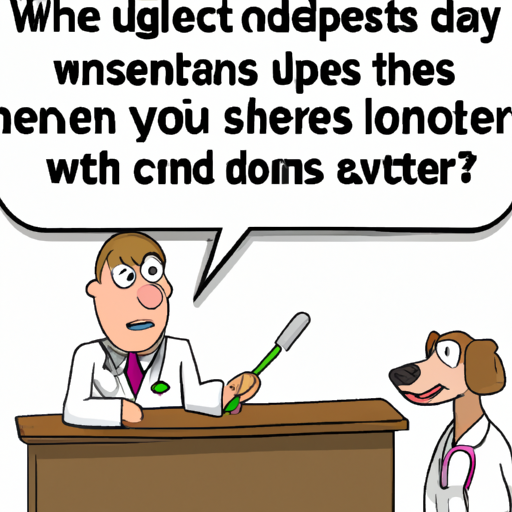What is Neutering?
Neutering your dog is a common step you might take as a responsible pet owner. It’s a surgical procedure that prevents your furry friend from fathering puppies. Neutering involves removing the testicles of your dog. In medical terms, it’s called an orchiectomy. It’s a straightforward operation performed by a veterinarian under anesthesia. The procedure is typically safe, with few complications.
Why Should You Consider Neutering Your Dog?
When you choose to neuter your dog, you’re not just preventing unwanted puppies. There are several significant reasons you might want to consider neutering:
- Behavioral Benefits: Unneutered dogs can exhibit a range of problematic behaviors, including aggressive tendencies and marking territory indoors.
- Health Benefits: Neutering can help to prevent testicular cancer and reduce the risk of prostate problems.
- Population Control: With millions of dogs in shelters and rescues, neutering helps avoid adding to the pet overpopulation problem.
The Neutering Procedure: What Really Happens?
In the neutering procedure, your vet makes a small incision in the front of your dog’s scrotum. Through this incision, both testicles are removed. The blood vessels and spermatic cords are tied off, and the incision is stitched closed. Your dog will then be kept in a recovery area until the anesthesia wears off.
Post-Procedure Care
Here’s what you can do to help your dog recover post-neutering:
- Keep him calm: Too much activity too soon can disrupt healing. Limit your dog’s physical activity for a few days.
- Watch for complications: Although complications are rare, keep an eye out for signs of infection or discomfort.
- Follow your vet’s instructions: Your vet will provide specific post-operative instructions. Make sure to follow them closely.
Long-Term Impact on Your Dog
Neutering does not change your dog’s personality, energy level, or ability to learn. Hormone-driven behaviors may reduce, but your dog’s basic personality will not change.
FAQ
Q: At what age should I neuter my dog?
A: Vets typically recommend neutering dogs between six and nine months old.
Q: Does neutering cause weight gain in dogs?
A: Neutering itself doesn’t cause weight gain. However, it can lower your dog’s metabolic rate, so monitor his diet and exercise.
Q: Does neutering change a dog’s personality?
A: Basic personality traits will not change. However, hormone-driven behaviors may be reduced.
Q: Is neutering painful for my dog?
A: Dogs are under anesthesia during the operation so they don’t feel pain. Post-operative discomfort can be managed with medications.
Q: Will my dog need stitches removed after being neutered?
A: This depends on the type of stitches used. Some stitches are dissolvable, while others require removal.



